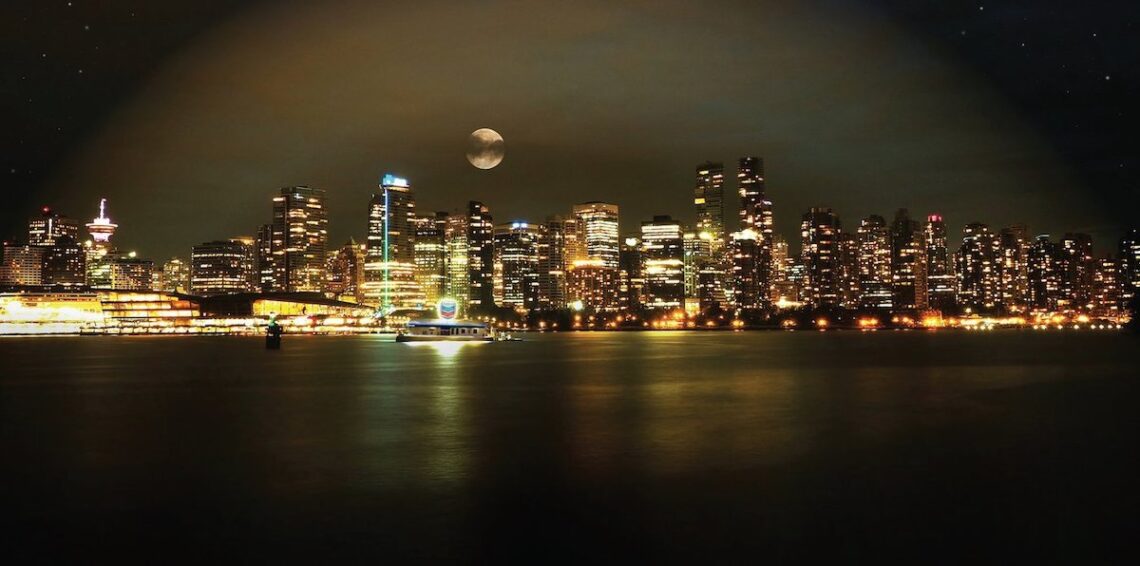When investigators in the UK recorded the calls of migratory thrushes at night, they found that call rates were up to five times higher over the brightest urban areas compared with darker villages.
The findings, which are published in Ibis-International Journal of Avian Science, provide support to previous and ongoing research indicating that artificial light at night affects migratory birds.
“We harnessed the respective strengths of citizen science, passive acoustic monitoring, and machine learning to gather evidence of the impact of artificial light at night on migratory birds,” said corresponding author Simon Gillings, Ph.D., of The British Trust for Ornithology. “Finding that even modest urban areas without high-rise buildings can influence migration highlights the need for improved management of urban lighting.”
Editor’s Note:
A recent study in the U.S. shows the effects of the increased night calls. In the study, researchers discovered that when more lights were left on at Chicago’s McCormick Place convention center — a notorious hazard for migrating birds — more night-calling birds fatally collided with the convention center. However, for species that don’t make flight calls, the amount of light from the convention center had no significant effect on collision rates. Since flight calls seem to help migratory birds make collective decisions in the darkness, individuals might vocally beckon to one another when they become confused by artificial light. “This relationship may spawn a vicious cycle of increased mortality rates if disoriented individuals lead other migrating individuals to sources of artificial light,” they write
For more info: onlinelibrary.wiley.com/doi/10.1111/ibi.12955






